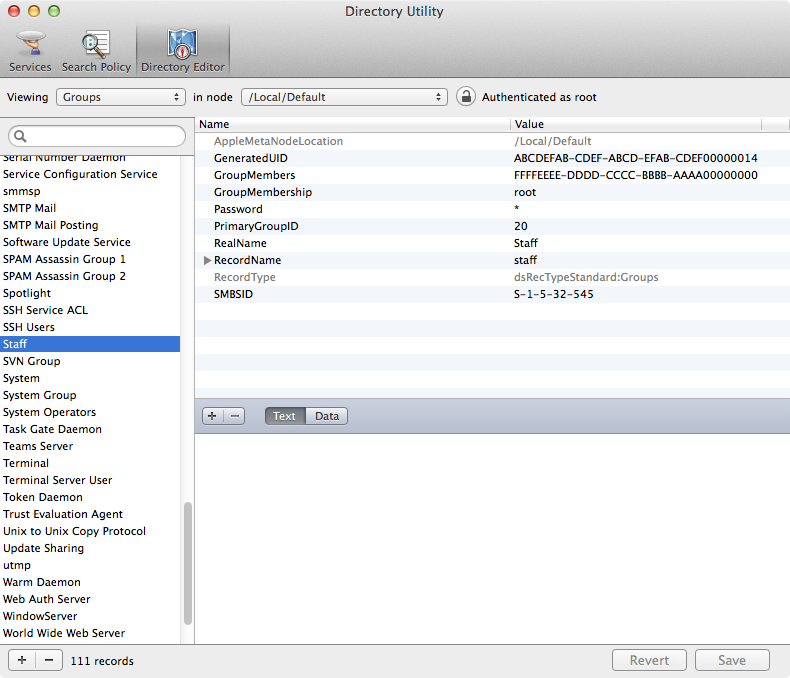


Suppose also that there are too many ports to upgrade them individually. Suppose there are too many ports that fail to exclude them individually. This works if only one independent port fails, but what if I have two or three ports (out of dozens) that fail? Could I do something like, sudo port upgrade outdated and not A and not C and not E (etc.)? I could try sudo port upgrade outdated and not A.

I would have thought that would be the answer to this solution, but multiple devs caution users not to use it unless they really understand what it does. (.or is it?) Is there a way to do it safely? Sorry!) In my case above, installing Port G after Port A fails wouldn't seem to be problematic. (The links he includes support this, but it gets too technical for me. The MacPorts dev says that there's a reason MacPorts doesn't continue.I don't buy the answers on that page, however: This is probably the same as this one in spirit: MacPorts: Continue installing other updates after error. How can I tell MacPorts to continue installing all installable ports that it can install without error? Now, because a single port won't install, all the rest of my ports are out-of-date until this port is fixed. The fact that A won't install has no effect on any of the other ports. I see this as an inconvenience, because the other outdated ports could very well be working fine. So, it would install the ports in this order: A, D, E, F, C, B. To the best of my understanding, when MacPorts runs ( sudo port upgrade outdated), it installs the ports in a dependency tree sorted by alphabetical order. Suppose for simplicity that all of them are "requested". Suppose I have outdated Ports A, B, C, D, E, F and G.


 0 kommentar(er)
0 kommentar(er)
